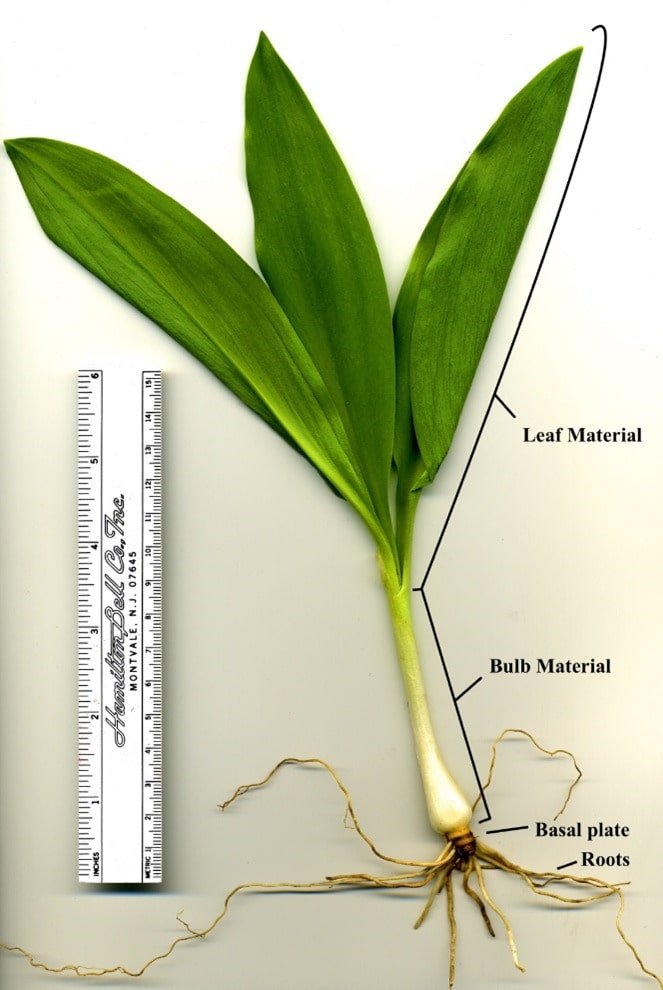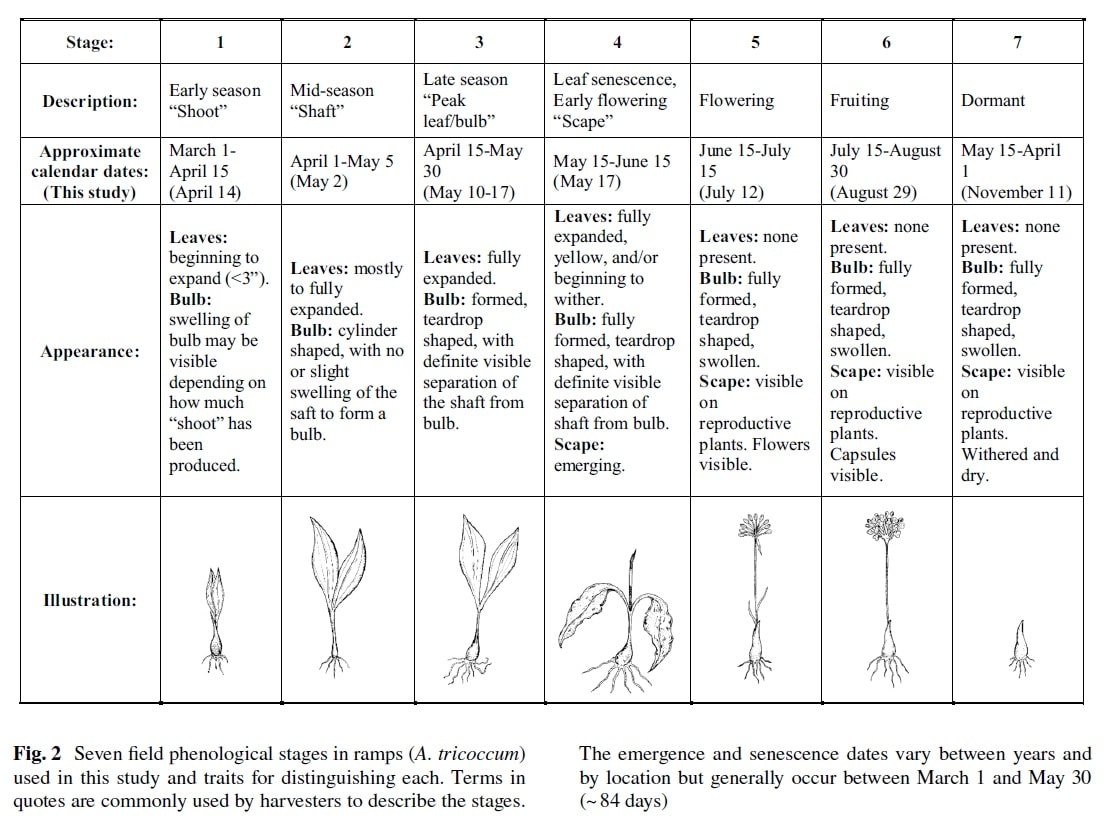Ep. 201 : Harvesting for Conservation with Sarah Nilson and Eric Burkhart
“Fewer ramps per pound means more ramps in the ground”.
Ramps? Wild Leeks? Allium tricoccum? Whatever you call them, they are a type species for foraging and everyone wants to be in relationship with them. Often that means everyone is looking for them and trying to bring some home, or sell them at markets or fine restaurants, sometimes without care or consideration as to what is best for the Ramps themselves. This hasty desire to be in relationship, through foraging and consumption, can lead to dangerous results like overharvesting(1) or even poisoning through misidentification(2). But when we slow down, study, and learn the best ways to know and be in connection with a plant then it may even be possible to support plant populations while harvesting from them.
Sarah E. Nilson and Eric Burkhart join me for a conversation around when is the best time for commercial growers to be harvesting and why we it might be better to be harvesting at certain phenological stages rather than others. We talk about Ramps, their general ecology, why it is important to maintain relationships through harvesting, but in good ways that give the plants the best chance at sustained growth and genetic diversity.
Patience seems to be the big lesson here, and what a great way to teach us.
To learn more :
Ramp (Allium tricoccum Ait.) weight differs across the harvest season: implications for wild plant stewardship and forest farming
Eric Burkhart’s website at Shavers Creek Environmental Centre
Plugging the Leak on Wild Leeks: The Threat of Over-harvesting Wild Leek Populations in Northern New York
Veratrum parviflorum poisoning: identification of steroidal alkaloids in patient blood and breast milk


